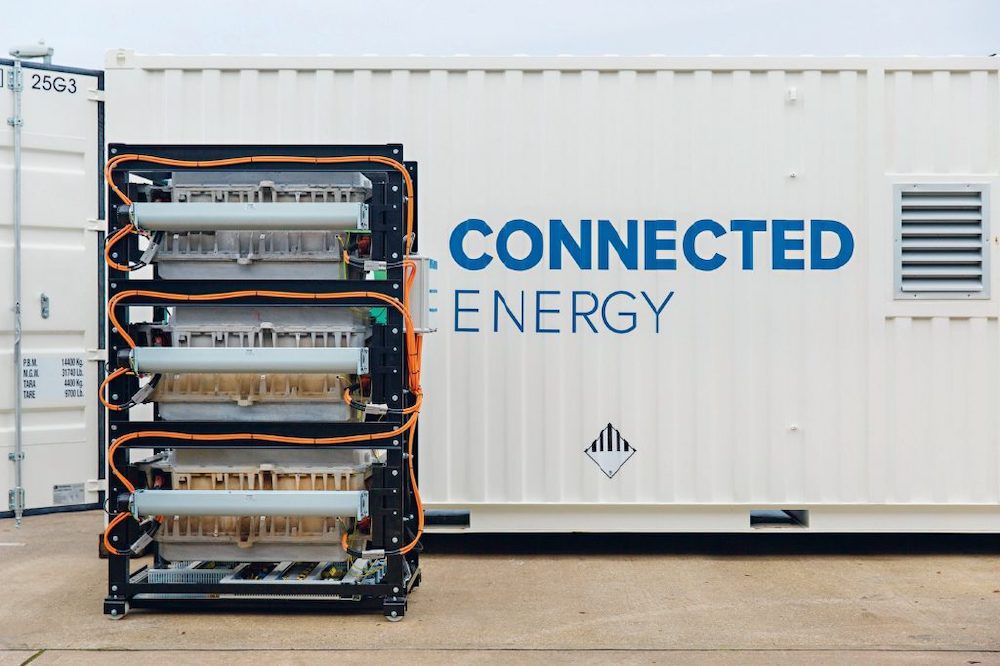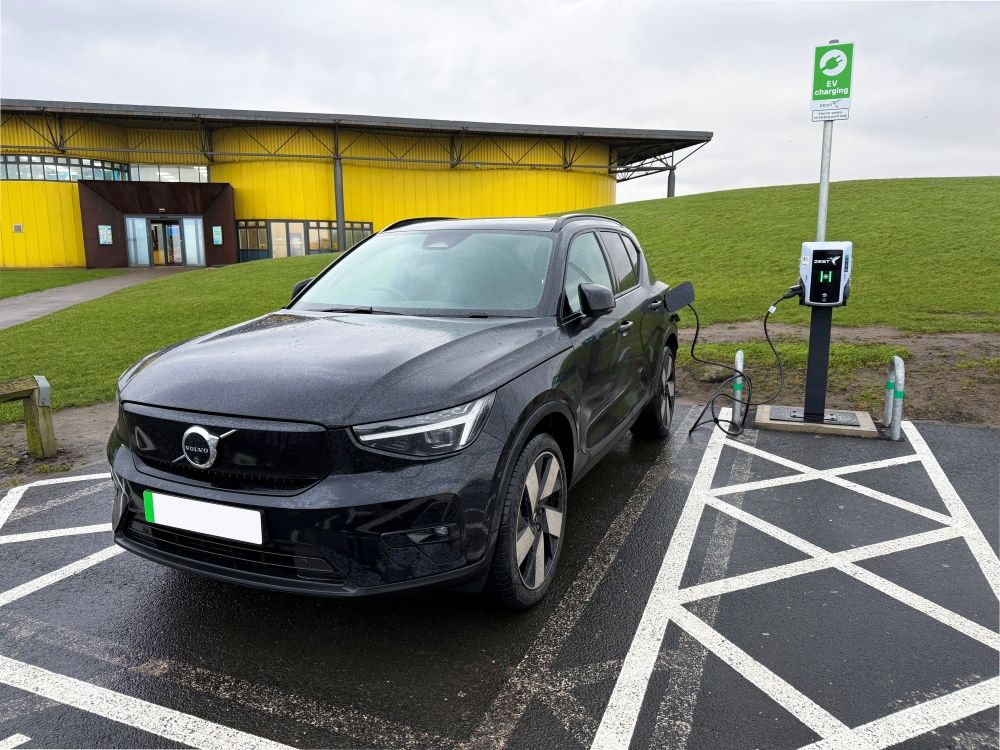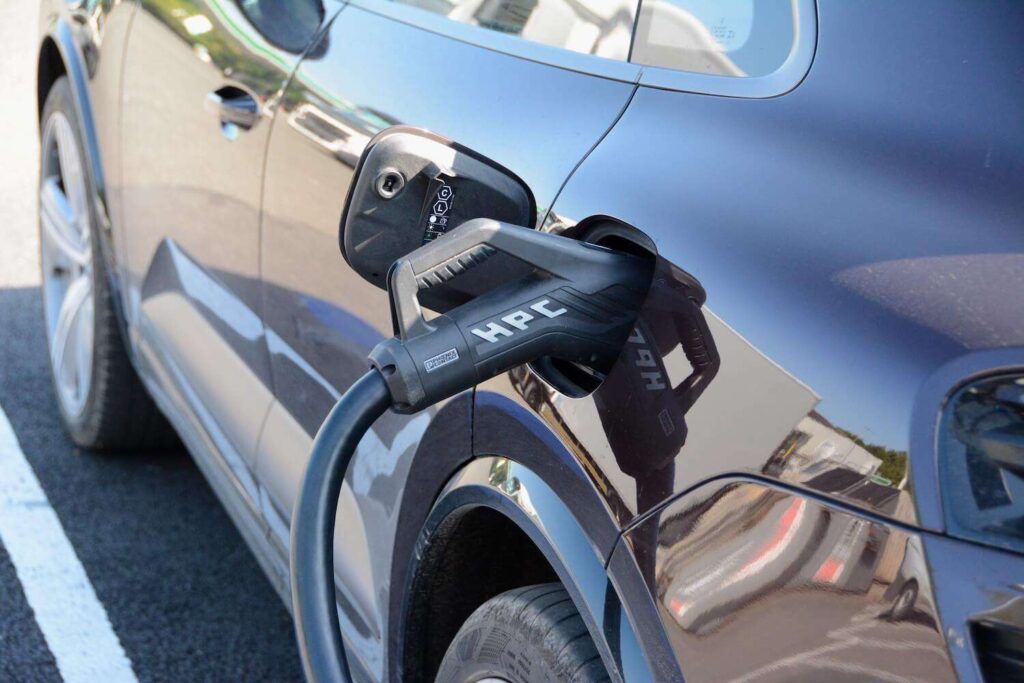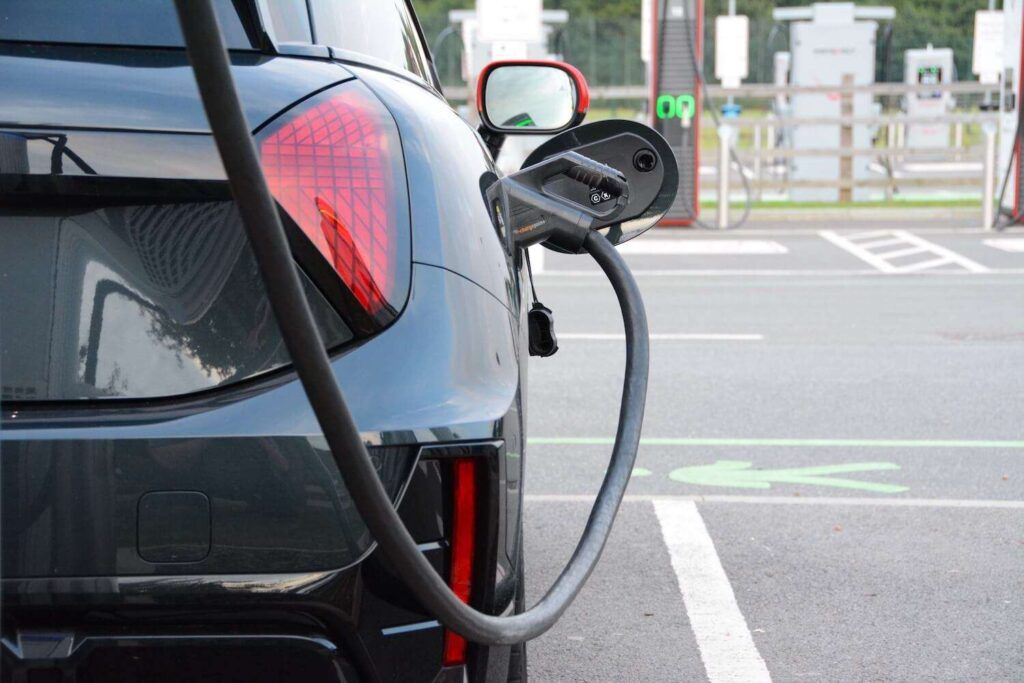A lack of capacity in the grid is threatening to roadblock the roll-out of electric trucks, according to energy storage provider Connected Energy.
With high-capacity EV chargers needed for HGVs requiring up to 50 times the power of car and van charge points, Connected Energy is advising fleet operators, dealerships and service centres that in most cases, their grid connection may not support this charging infrastructure.
Nigel Dent, head of sales at Connected Energy, said that the firm had carried out “extensive modelling” for the sector and its data showed “there will be challenges at many sites”.
Dent claimed that in the majority of cases, “the local grid simply could not support a high-capacity charger of 150 kilowatts, never mind a 350kW unit.”
He said that depots for fleets as well as service centres and dealerships were “naturally not built with these high-power demands in mind” and that “could potentially cause delays to the roll-out of eHGVs” as well as “add substantial, unanticipated costs to projects.”
In cases where the grid connection cannot support these chargers, the distribution network operator (DNO) can upgrade the local grid capacity. But Connected Energy said this is usually costly, comes with long lead times, and can be complex if the business involved rents rather than owns its premises.
As a result, the firm said that businesses should look at battery energy storage systems (BESS) that acts like a reservoir, trickle charging during quiet periods, then releasing large amounts of energy as required.
A BESS can also help further decarbonise fleet operations when it works in tandem with on-site solar. The system can store surplus solar energy generated from rooftop arrays or canopies, ensuring that electric trucks use less electricity from the grid.
Dent said:
“A BESS is a good way to deliver high-capacity charging on grid constrained sites. Deploying energy storage systems is going to become the best way to support truck electrification in many instances, as it ensures that depots and service centres get the charging infrastructure they need at the most affordable price.”
“There are also opportunities to use your BESS to generate additional revenue, meaning it can deliver a healthy ROI. New initiatives like the National Grid’s Demand Flexibility Service actually pay businesses for reducing their energy consumption during peak periods when demand on our grid is at its highest. A BESS can help you participate in these schemes, generating an estimated £15,000 – £20,000 a year in extra income.”
Image from Connected Energy












